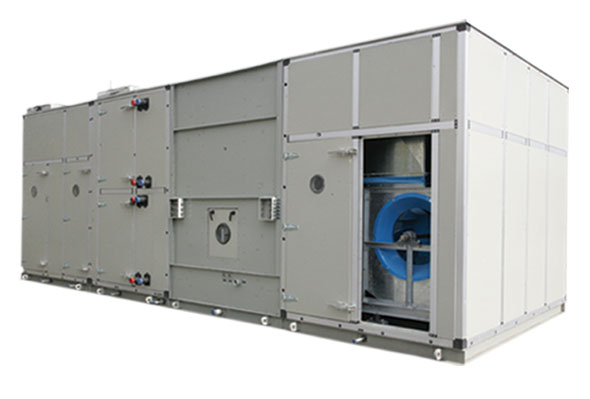Maximizing Efficiency: The Role of HVAC Commissioning in MEP Testing and Electrical Equipment Commissioning
The proper operation of Heating, Ventilation, and Air Conditioning (HVAC) systems is critical in the context of building systems. But achieving optimal performance needs more than just installation—careful testing and commissioning are also necessary. With an emphasis on the commissioning of electrical equipment, we explore the importance of HVAC commissioning in the context of MEP (Mechanical, Electrical, Plumbing) testing and commissioning in this blog.
Comprehending HVAC Commissioning
The methodical process of HVAC commissioning ensures and records that a building's HVAC systems function in accordance with the specifications and design purpose. Functional performance testing, modifying controls for maximum efficiency, and producing documentation for future use are some of the tasks that are involved.
Including in MEP Commissioning and Testing
The assessment and confirmation of different building systems, such as HVAC, electrical, and plumbing, are included in MEP testing and commissioning. Even while each component is important, their interactions are just as important. For example, HVAC systems need electrical equipment for control and electricity. As a result, commissioning these systems separately may result in operational problems and inefficiencies.
Experts may guarantee smooth system coordination by incorporating HVAC commissioning into MEP testing and commissioning procedures. This all-encompassing strategy promotes interoperability, spots possible problems or inefficiencies early on, and expedites the commissioning procedure as a whole.
Electrical Equipments Crucial Function Starting up
Transformers and control panels are examples of electrical equipment that is essential to HVAC operations. Thorough testing is required to verify these components' functionality, compliance with safety regulations, and suitability for the HVAC system before commissioning them. Problems like bad wiring or insufficient power supply can jeopardize the safety and efficiency of HVAC systems.
Furthermore, commissioning electrical equipment involves more than just the preliminary testing stage. To maintain peak performance and minimize potential failures, regular maintenance and sporadic inspections are crucial. When electrical equipment commissioning and MEP testing are combined, thorough assessment is guaranteed, and HVAC system dependability is increased.
Enhancing Productivity and Effectiveness
The ultimate objective of MEP testing and commissioning, which includes HVAC commissioning, is to maximize the effectiveness and longevity of building systems. Professionals can get various advantages by carefully inspecting and fine-tuning HVAC components, including electrical equipment:
Energy Efficiency: HVAC systems that have been properly commissioned use less energy, which lowers utility bills and has a positive environmental impact.
Enhanced Comfort: Consistent indoor comfort levels result from optimal HVAC operation, which boosts occupant happiness and productivity.
Extended Equipment Lifespan: By reducing downtime and replacement costs, routine commissioning and maintenance can extend the life of HVAC and electrical equipment.
Safety and Compliance: Complying with commissioning standards guarantees that regulations are followed, which improves building safety in general.
In summary
The interdependence of HVAC commissioning, MEP testing, and electrical equipment commissioning is essential in the field of building systems. Building operations experts can attain optimal efficiency, performance, and safety by embracing a comprehensive approach and combining these activities. Adopting proactive commissioning procedures creates the groundwork for long-term sustainability and resilience in addition to ensuring immediate advantages.
Know more
testing and commissioning of electrical equipment in Dubai
site acceptance test and commissioning
testing and commissioning electrical
Independent third party testing
Commissioning of electrical equipment
Testing and commissioning services
Third party electrical testing companies

